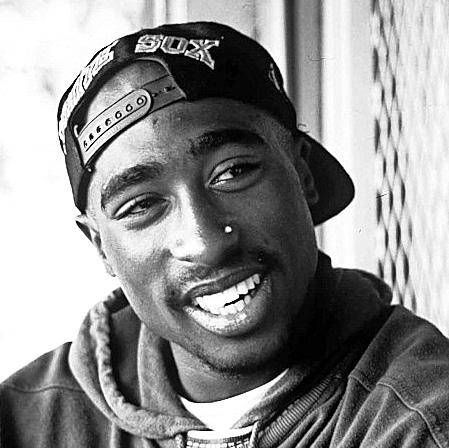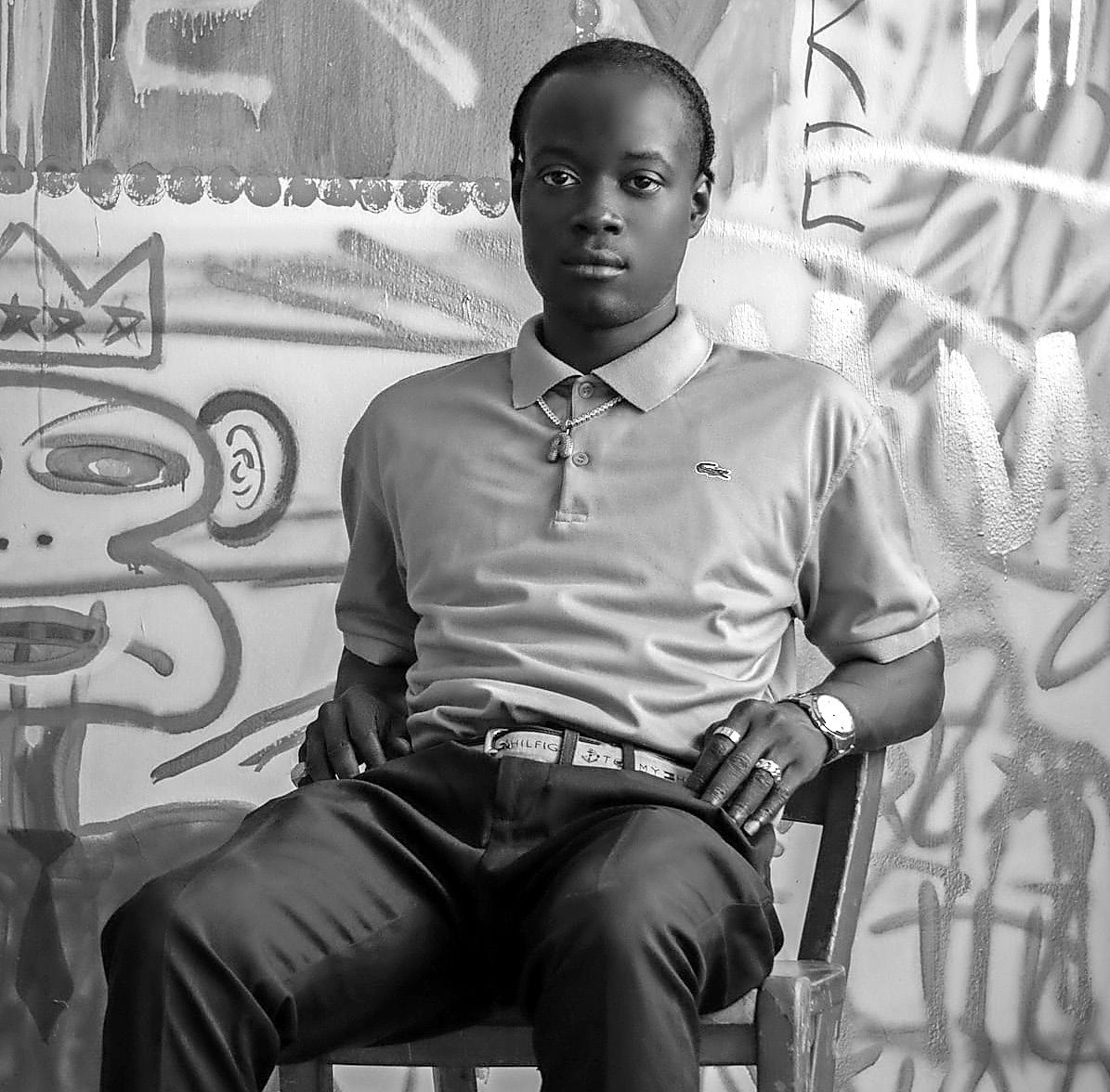
7 minute read
Music
from 11052021 WEEKEND
by tribune242
music Rapper Vless wants to remind Bahamians who they are with kinetic
By CARA HUNT | Tribune Features Writer | cbrennen@tribunemedia.net
Advertisement
Local rapper Alexander Laroda, known by his stage name “Vless”, is hopeful that his newest single will help reenergise the country and get people’s blood pumping in these difficult times.
The song is simply called “Junkanoo”, and Vless hopes it will remind Bahamians who they are at heart.
“I got the idea for the song last year during lockdown, when everyone was stuck inside and wishing that they were outside. I think there was a disconnect with who we are, because people had no way to connect with our culture. We had no rush-outs, no Junkanoo. It was like the pulse of the Bahamas had flatlined and I wanted to capture that feeling of our culture through this song in the hopes of helping to bring the pulse of it back,” he told Tribune Weekend.
The new song, which also has some traces of the classic rape n’ scrape sound, will be released today on SoundCloud.
Vless said the people who had the opportunity to hear the song in advance have given him such good feedback that he is excited to soon share it with a larger audience.
Vless has been singing all his life since. When he was younger, he and his brothers formed a band called Nuvera and performed in their grandparents’ church.
Back then, he said, he was more than content to stay behind the scenes acting as a manager and director, but as the years passed and the brothers started pursuing their own interests, the group eventually parted ways.
It was then that he decided he wanted to start his own solo career and followed his passion for rap music.
That was about two years ago, and he has been loving the journey since then.
“I write my own songs. I like to just find a bit of solitude to sit and get it out, and I usually base these on my experiences and the experiences of persons around me,” he said.
Vless’ advice to aspiring musicians is to nurture their passion, whatever shape it takes, because that is where their true purpose in life lies.
“We were not put on this earth to work; we were put here to be creative,” he said.
“Work is just something that you do to pay the bills, but the thing that you live for and invest yourself and your time in, that is your passion.”
The rapper also encourages people to ensure they surround themselves with the right tools and people to help bring their passion to life.
Vless explained that his stage name is a play on the Bahamian use of the word “bless”.
“When I was in school, my friends and I used to go around and answer everyone with the word bless and you know how Bahamians like to add a ‘v’ to words, so that is how I came up with the name Vless,” he said.
It is a name which he hopes will be well-known in future. He sees himself touring, while promoting his brand and the Bahamas to the world within the next few years.


ALEXANDER LARODA, aka Vless
Tupac Shakur’s life, legacy to be subject of massive exhibit
By JONATHAN LANDRUM Jr. AP Entertainment Writer
LOS ANGELES (AP) — Tupac Shakur’s handwritten lyrics from classic songs such as “California Love” and “Dear Mama” along with galleries that pay homage to his upbringing and late mother are among the features in a massive touring museum exhibit.
The Shakur Estate announced Tuesday that the “ Tupac Shakur. Wake Me When I’m Free ” will open January 21 in Los Angeles. The exhibit is described as a fully immersive, thought-provoking museum experience that explores the life and legacy of the late rapper.
Shakur, one of the most prolific figures in hip-hop, died in 1996 from gunshot wounds. He was 25.
The exhibit is expected to spend six months in Los Angeles with the hopes of touring other cities.
“There are thousands of pieces of paper, handwritten pieces of paper – which is everything from his lyrics to all of the songs and poetry that you know down to a grocery list for a birthday party,” said Arron Saxe, president of Kinfolk Management + Media, who is working with Shakur’s estate.
“The whole point of this exhibit was to not only show the kaleidoscopic nature of Tupac, but also show how he is relatable,” Saxe continued. “There are incredible pieces of clothing. This exhibit is also a mix of contemporary art and technology too. Many of the artifacts have never been seen before.”
The 20,000-square foot exhibit will showcase Shakur’s music, poetry, wardrobe, activism journey and other items in galleries.
One of the galleries will be dedicated to the rapper’s late mother, Afeni Shakur, the former Black Panther who inspired the work of her son. She died in 2016.
“Tupac Shakur was my Malcolm; he was my Martin, and to build an experience that honours such a prolific man, cannot be summed up in words,” said Jeremy Hodges, whose firm, Project Art Collective, is working with The Rock and Roll Hall of Fame on the creative portion of the exhibit.
A majestic diva of opera PART I
Sir Christopher Ondaatje writes about the American opera singer and recitalist who was able to perform dramatic soprano roles – but refused to be limited only to that voice type.
“A person has the right, and I think the responsibility, to develop all of their talents.”
- Jessye Norman
Jessye Norman was born on September 15, 1945 in Augusta, Georgia to Silas Norman, an insurance salesman, and Janie King-Norman – a schoolteacher. She was one of five children. Her mother and grandmother were both pianists, and her father sang in the local choir. Norman went to Charles T Walker Elementary School, and sang gospel songs at Mount Calvary Baptist Church was she was four years old. She entered her first vocal competition at the age of seven, forgetting her words in “God Will Take Care of You” and placed seventh. Later in her career she said: “I guess He has taken care of me.”
It was her last memory slip in public.
When Norman was nine she was given a radio for her birthday and discovered the world of opera, listening to the weekly broadcasts of the Metropolitan Opera. Both Marian Anderson and Leontyne Price were enormous inspirational influences in her career. She received voice coaching at AR Johnson Junior High School and then studied at the Interlochen Centre for the Arts in Northern Michigan.
When she was sixteen, she entered the Marian Anderson Vocal Competition in Philadelphia and, although she did not win, she was offered a full scholarship at Howard University in Washington, DC. She sang in the university chorus, and as a soloist at the Lincoln Temple United Church of Christ. She became a member of the Gamma Sigma Sigma sorority.
In 1965, Norman, with thirty-three other female students and four female faculty, became founding members of Delta Nu – a chapter of Sigma Alpha Iota music fraternity. In 1966, she won the National Society of Arts and Letters singing competition. She graduated in 1967 with a degree in music, and began graduate studies at the Peabody Conservatory in Baltimore, and later at the Michigan School of Music in Ann Arbor, Michigan, where she earned her Master’s Degree. three-year contract with the Deutsche Oper Berlin where she first appeared as Elizabeth in Wagner’s Tannhäuser. She had a surprisingly wide vocal range from contralto to dramatic soprano. She performed as a guest artist with both German and Italian opera companies with her flexible and powerful voice.
“I think that, certainly, most of my operatic roles are in German. It think it helped because, of course, I was lucky in that I was invited to sing, first of all, my operatic debut in Berlin at the Deutsche Oper Berlin, which was West Berlin at the time.”
- Jessye Norman
In 1970, she appeared in Florence in the title role in Handel’s Deborah, and then in 1971 she sang at the Maggio Musicale Fiorentino in the role of Sélika in Meyerbeer’s L’Africaine. The same year she also portrayed Countess Almaviva in Mozart’s Le nozze di Figaro at the Berlin Festival, and recorded the role with the BBC Orchestra conducted by Colin Davis. Although she did not win, the recording was a finalist for the Montreux International Record Award Competition.
“One needs more than ambition and talent to make a success of anything, really. There must be love and vocation.”
- Jessye Norman
In 1972, Norman made her first appearance at La Scala, Milan, singing the title role in Verdi’s Aida, and at the Royal Opera at Convent Garden, London where she appeared as Cassandra in Les Troyens by Berlioz. Norman was Aida again in a concert version that same year in her first well-publicised American performance at the Hollywood Bowl for the venue’s 50th anniversary celebration. This was followed by an all Wagner concert at the Tanglewood Music Festival in Lennox, Massachusetts, followed by a recital tour in the U.S., after which she returned to Europe. She returned briefly to the US in 1973 to give her first New York City recital as part of the “Great Performers” series at the Lincoln Centre for the Performing Arts.







